Search Results
Showing results 701 to 720 of 799
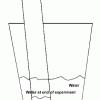
Percentage of Oxygen in the Air
Source Institutions
In this activity, learners calculate the percentage of oxygen in the atmosphere by using steel wool's ability to rust.
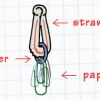
Deep Sea Diver
Source Institutions
In this ocean engineering activity, learners explore buoyancy and water displacement. Then, learners design models of deep sea divers that are neutrally buoyant.
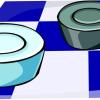
Games from Around the World
Source Institutions
This lesson (on pages 46-55 of PDF) features two strategy board games -- one from Ghana and one from China. The first game, Achi, is a cross between checkers and tic-tac-toe.
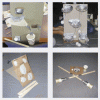
Get-Moving Game
Source Institutions
In this invention challenge activity, learners create an indoor game for one or two people that gets you moving.

Seed Orbs
Source Institutions
In this activity, learners will make seed orbs to grow new trees and plants. Learners will explore ecology and life cycles as well as stewardship through this activity.
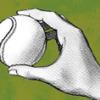
Helping Hand
Source Institutions
In this invention challenge activity, learners see how many objects they can grab with a homemade "bionic" arm.

Measure the Pressure: The "Wet" Barometer
Source Institutions
In this activity, learners use simple items to construct a device for indicating air pressure changes.

Measuring Wind Speed
Source Institutions
In this indoor and/or outdoor activity, learners make an anemometer (an instrument to measure wind speed) out of a protractor, a ping pong ball and a length of thread or fishing line.
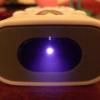
Infrared Investigations
Source Institutions
In this activity, learners explore how infrared technology is used by engineers to create equipment and systems for a variety of industries.
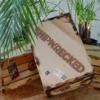
Shipwrecked!
Source Institutions
In this activity, learners are challenged to design and build the tools they need to survive being shipwrecked on a deserted island.

Conveyor Engineering
Source Institutions
In this activity, learners explore the engineering behind the conveyor belt and consider the impact this invention has had on transportation and the coordinated shipping and delivery of goods.
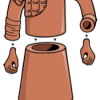
Building an Army
Source Institutions
In this activity, learners explore the potential of interchangeable standard parts to create a large number of unique creations in different combinations.
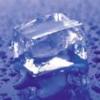
Keep it Cool
Source Institutions
In this activity, learners explore how engineers have met the challenge of keeping foods, liquids, and other items cool.

Sand Paper Rankings
Source Institutions
In this activity (2nd activity on the page), learners explore the sensitivity of their sense of touch.
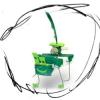
Jitterbugs
Source Institutions
In this activity, learners construct bug models that "jitter" all over the table with just a battery, motor, and counterweight.
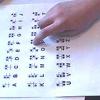
The Braille Alphabet
Source Institutions
In this activity (8th activity on the page) about the sense of touch, learners make their own set of Braille letters. Learners use glue to make raised dots on a Braille Alphabet Sheet.
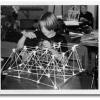
Skewers and Garden Poles
Source Institutions
In this activity, learners build scaled-down structures and cantilevers in a series of "building out" challenges with bamboo skewers and tape.

Sock It To Me!
Source Institutions
In this activity (7th activity on the page), learners use their sense of touch to identify mystery objects hidden in socks.
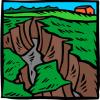
Shaking It!
Source Institutions
In this experiment, learners design and build a model room in a shoebox and furnish it with tiny furniture.

Fair Spinners
Source Institutions
In this math game (Page 9 of the Are You Game? PDF), learners determine what makes a spinner fair or unfair. Learners first play a round with a pre-made spinner that isn't very fair.
